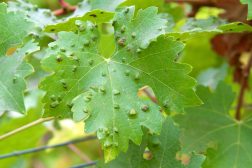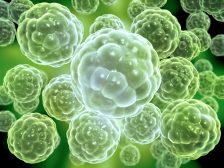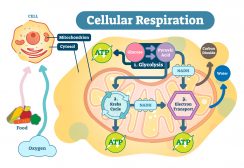Dye
a stain or colouring matter; a compound consisting of chromophore and auxochrome groups attached to one or more benzene rings, its colour being due to the chromophore and its dyeing affinities to the auxochrome. Dyes are used for intravital colouration of living cells, staining tissues and microorganisms, as antiseptics and germicides, and some as stimulants of epithelial growth. For individual dyes, see the specific names. Commonly but improperly used for radiographic contrast medium.
Origin: a.S. Deah, deag
Dictionary > Dye
You will also like...

Still Water Animals
Animals living in aquatic habitats have diversified and evolved through time. They eventually occupy ecological niches a..

Lights’ Effect on Growth
This tutorial elaborates on the effect of light on plant growth. It describes how different plants require different amo..

A Balanced Diet – Minerals and Proteins
Proteins and minerals can be derived from various dietary sources. They are essential for the proper growth and developm..

Plant Cell Defense
Plants protect themselves by releasing hydrogen peroxide to fight against fungal invasion. Another way is by secreting c..

The Evolution of Cell Organelles
The nucleus containing the genetic material, DNA, and the mitochondria, well-identified as the "powerhouse of the cell",..

Cell Respiration
Cell respiration is the process of creating ATP. It is "respiration" because it utilizes oxygen. Know the different stag..

